Liz DeBetta on Adoptee Healing Through Writing

In this episode of Adoption Utah with host Donna Pope, Dr. Liz DeBetta shares how creative expression became her lifeline through decades of unacknowledged grief. As a published author, writing instructor, and adoptee, Liz created the Migrating Toward Wholeness framework and the award-winning solo show "Unmothered" to help others process trauma through writing.
Secret Poems and Unspoken Grief
At 14, Liz began writing poems she kept hidden from everyone. Looking back decades later, she discovered these poems revealed the grief she couldn't name as a teenager. Adoptees experience complex grief related to loss, even when placed as infants with loving families, and when these feelings aren't validated, they can undermine emotional well-being. Her first poem described feeling alone, confused, and scared, with big sad eyes looking out at the world, searching for something she couldn't name. This creative expression served as an unconscious processing mechanism for feelings she didn't yet have language or permission to acknowledge.
Liz grew up in a wonderful family with parents who loved her, yet she struggled with identity and a pervasive sense of disconnection. When she looked in the mirror, she didn't recognize herself. She didn't know who she looked like or where her features came from. Genetic mirroring serves as identity guideposts, helping people understand themselves through seeing their traits reflected in biological family members. This identity struggle isn't about the quality of parenting. The grief stems from the primal separation that occurs regardless of how loving the family may be.
Finding Birth Family at Age 40
On her 40th birthday in 2017, Liz received her original birth certificate after New Jersey changed its laws regarding sealed records. She found her birth mother on Facebook days later. Her birth mother's first words contradicted everything Liz had internalized about being forgotten or unwanted.
The reunion provided connection to biological origins she'd been missing her entire life. She finally understood where her features came from and the experience of being grounded that comes from knowing your biological story. But reunion also brought complexities. Her birth mother mentioned that reconnecting was difficult because it brought up all the grief she'd suppressed for 40 years.
Sibling Relationships After Separation
Liz's reunion revealed she had biological siblings, raising complicated questions about what might have been. PsyPost states that, Approximately 28% of people experience at least one episode of estrangement from a sibling during adulthood, with estrangement being more likely from half-siblings or step-siblings with limited shared childhood.
The distance between Liz and her siblings isn't about conflict. It's about the fundamental difference between siblings who grew up together and those who meet as adults. She also has a brother who was placed with her family, but they don't currently have a relationship. She believes he views her search for biological family as a betrayal, though they've never discussed it directly. It took Liz two years to tell her parents about finding her birth mother, showing the complicated loyalties adoptees navigate.
Unmothered and Award-Winning Healing Work
"Unmothered," with dashes representing inherent separations and disruptions, won Best Autobiographical Show at the United Solo Theater Festival in 2022. The show uses poetry, narrative, and movement to tell the internal experience of being an adoptee. Liz went back to her early poetry, using these poems as the emotional foundation, linking them together with personal narrative. The show became a vehicle for conversation, opening dialogue around the reality that placement is a traumatic experience for everyone involved.
Writing and performing "Unmothered" became the foundation of Migrating Toward Wholeness, her writing process that helps people use creative expression as a tool for processing embodied trauma. The process includes five core principles including making space to heal, rewriting the truth, expressing the core wound, becoming the subject, and breaking silences.
The Migrating Toward Wholeness Framework
The journey begins with acknowledging grief without shame. This grief isn't about blaming parents but about honoring the loss that placement involves. Connection with other adoptees through online communities validates experiences and breaks isolation.
Creative expression through writing, art, or music allows adoptees to explore feelings they might not be able to articulate directly, much as Liz's teenage poems did for her. Finally, integration involves holding multiple truths simultaneously, including gratitude for families alongside grief about separation.
What Adoptees Need to Hear
Throughout the conversation, Liz returns to a message she wants adoptees to hear. You're not alone. There's a reason you feel the way you feel and there's nothing wrong with you. These words matter because many adoptees internalize the message that something is wrong with them when they struggle. Adult adoptees who receive validation of their complex emotions through counseling show better integration of their stories into their life narratives.
One of the biggest things Liz hears from other adoptees is that when they see her show, everything she's said is what they have felt their whole life but could never put words to. This validation helps adoptees understand their feelings as normal responses rather than personal shortcomings.
Guidance for Adoptive Parents
Liz offers parents clear guidance. The most important advice is to keep being curious. Parents should maintain genuine curiosity about their child's feelings, even when uncomfortable. When children receive reactions that downplay their feelings of loss, they try to hold it in, but grief will always come out in one way or another, making emotionally safe environments essential for healthy processing.
Make space for the other family, even if the birth family is unknown or uninvolved. Children think about their birth families regardless of whether anyone talks about them. If someone had seen Liz's first poem and asked questions, she might have been able to start articulating her feelings much earlier.
Liz also distinguishes between love and connection. Parents provide love, security, and belonging. But there's a biological connection adoptees have with birth families that exists independently. She describes it as a lack of connection in terms of biological mirroring. Acknowledging this reality doesn't diminish the parent-child relationship.
Donna Pope, as a mother herself, admits there's resistance to this curiosity. Parents often want to believe their child is as connected to them as if they were biologically born, and bringing up these issues challenges that belief. Working through that discomfort opens doors to deeper connection and trust.
Understanding Birth Parent Perspectives
When asked what she would say to birth mothers and fathers, Liz emphasizes recognition and understanding. She references research showing that most birth mothers wouldn't choose relinquishment if they had alternatives, and most of the time it's a temporary financial crisis. Liz's own birth mother told her she wanted to keep her and has apologized multiple times. Liz doesn't have resentment because she understands the constraints of that situation.
Donna Pope affirms this based on her experience working with thousands of women. All of them struggled with the decision and did so out of love when they didn't have any other choices. All would want this message to reach their child about being loved and wanted despite the circumstances.
Practical Resources for Healing
Research provides preliminary support for interventions with adoptive parents that improve adopted children's emotional and behavioral outcomes, though further study continues to refine best practices.
For adoptees, connect with other adoptees through online communities or local support groups. Explore creative expression through writing, art, or other mediums. Give yourself permission to experience the full range of feelings. Remember that your feelings are valid, even if your experience was positive. Healing is possible, and there's a community waiting.
For parents, listen without defensiveness when your child expresses feelings. Actively make space for conversations about birth families. Use books written by and for adoptees to enter into conversations. Connect your child with other adoptees through support groups. Work against your resistance. If support is needed, find it through therapists, clergy, or coaches who specialize in this work.
For birth parents, understand that adoptees need to hear they were wanted and remembered. Consider making yourself available for contact when adoptees search. Process your own grief with appropriate support. Know that reunion benefits when both parties have done their own healing work.
Moving Forward With Your Story
By sharing her story from secret teenage poems to published author, through identity struggles to creative healing, Liz offers a roadmap for adoptees navigating their own journeys. Her Migrating Toward Wholeness framework provides structure, her creative writing instruction offers tools, and her willingness to speak directly provides the validation many adoptees need.
The path forward isn't about denying losses or dwelling in grief indefinitely. It's about acknowledging the full truth of experiences, processing those experiences through connection and creativity, and integrating them into a cohesive, authentic sense of self.
As Liz reminds us, there's nothing wrong with you for feeling what you feel. Your experiences are valid, your feelings make sense, and you're not alone.
Ready to hear more of Liz's story? Listen to the complete conversation on Adoption Utah where she shares deeper insights about her reunion experience, the creation of "Unmothered," and practical advice for navigating the complexities of the adoption triad. Subscribe to Adoption Utah on your favorite podcast platform to hear more stories from adoptees, birth parents, and adoptive families.
Follow or Subscribe to Adoption Utah on your favorite platforms:
Website: www.AdoptionUtah.org | YouTube: @AdoptionUtah | Twitter/X: AdoptionUtah | Instagram: AdoptionUtah | LinkedIn: Adoption Utah
Follow Donna Pope: LinkedIn: Donna-Pope-41652ba/
Follow Liz DeBetta:
LinkedIn: @Dr-Liz-DeBetta | Website: LizDeBetta.com | Instagram: @dr.liz.debetta | Facebook: Dr-Liz-DeBetta | eMail: dr.liz@lizdebetta.com
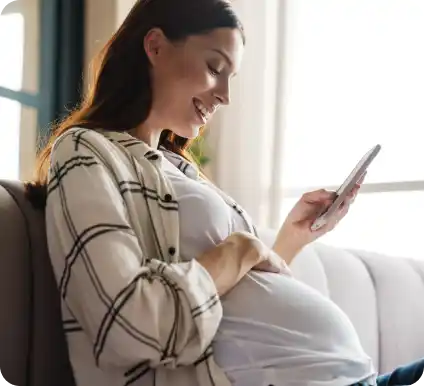
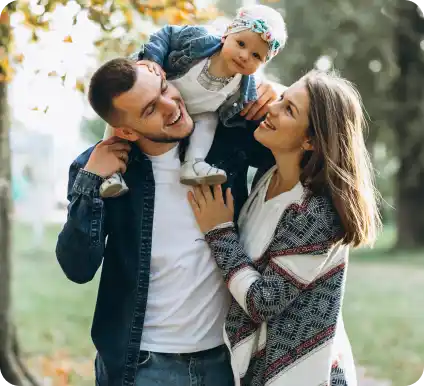
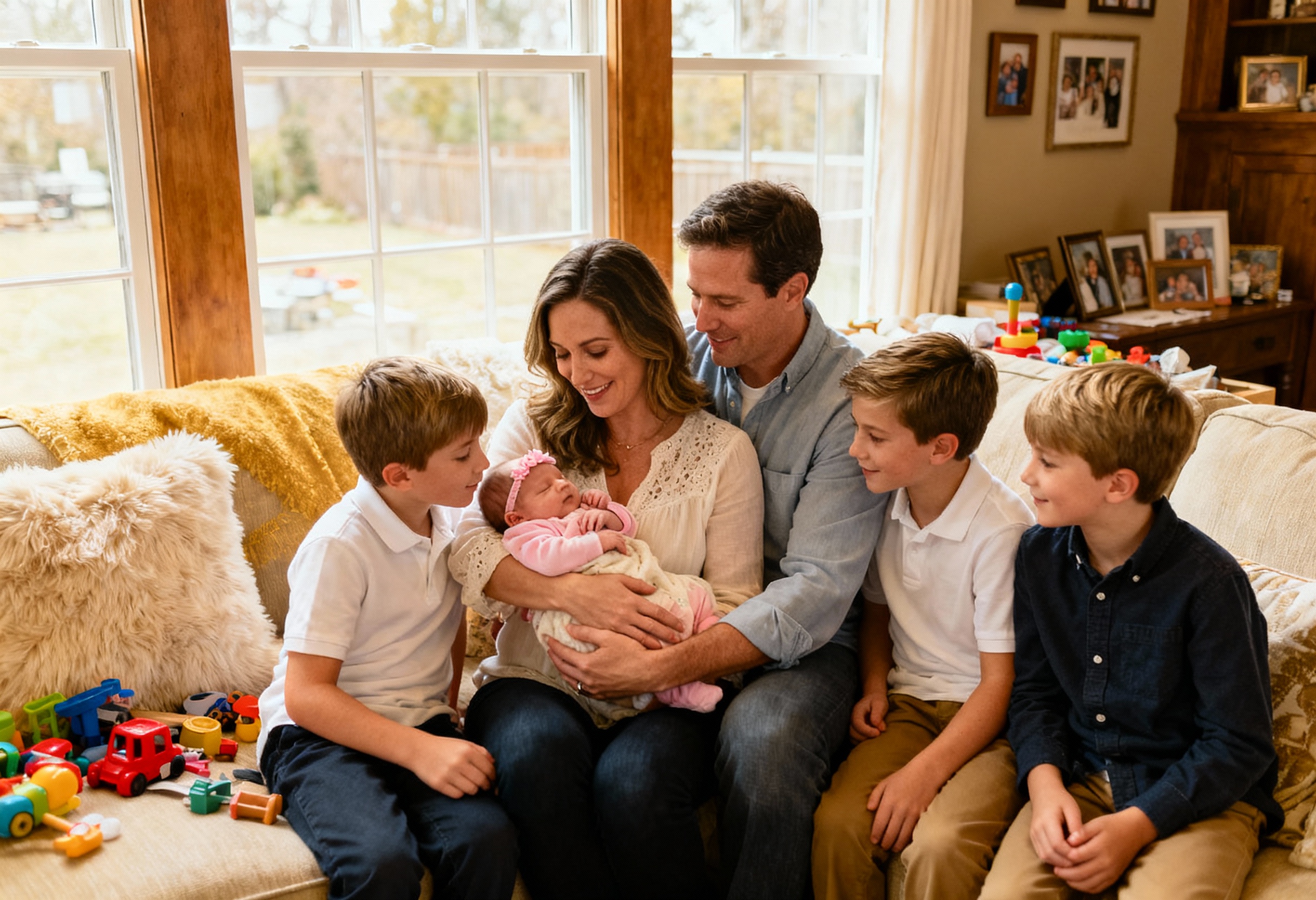
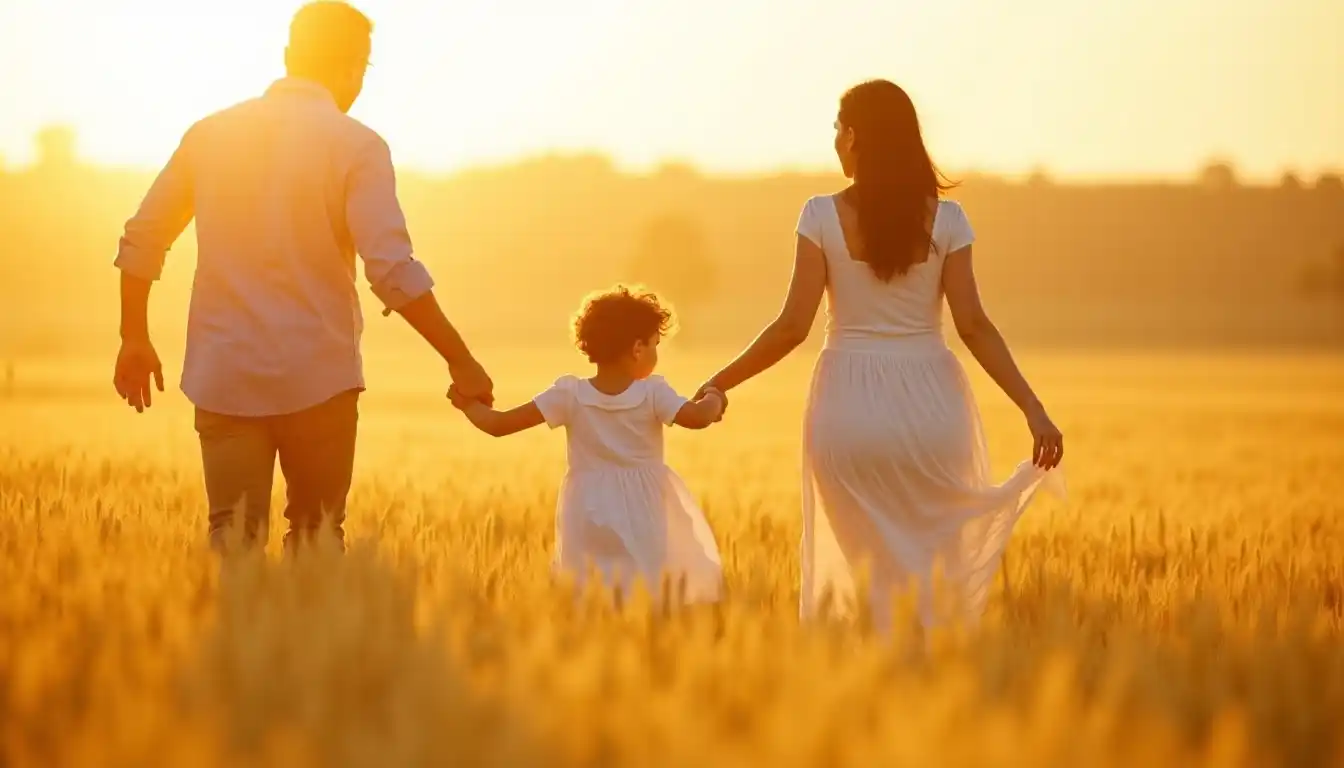
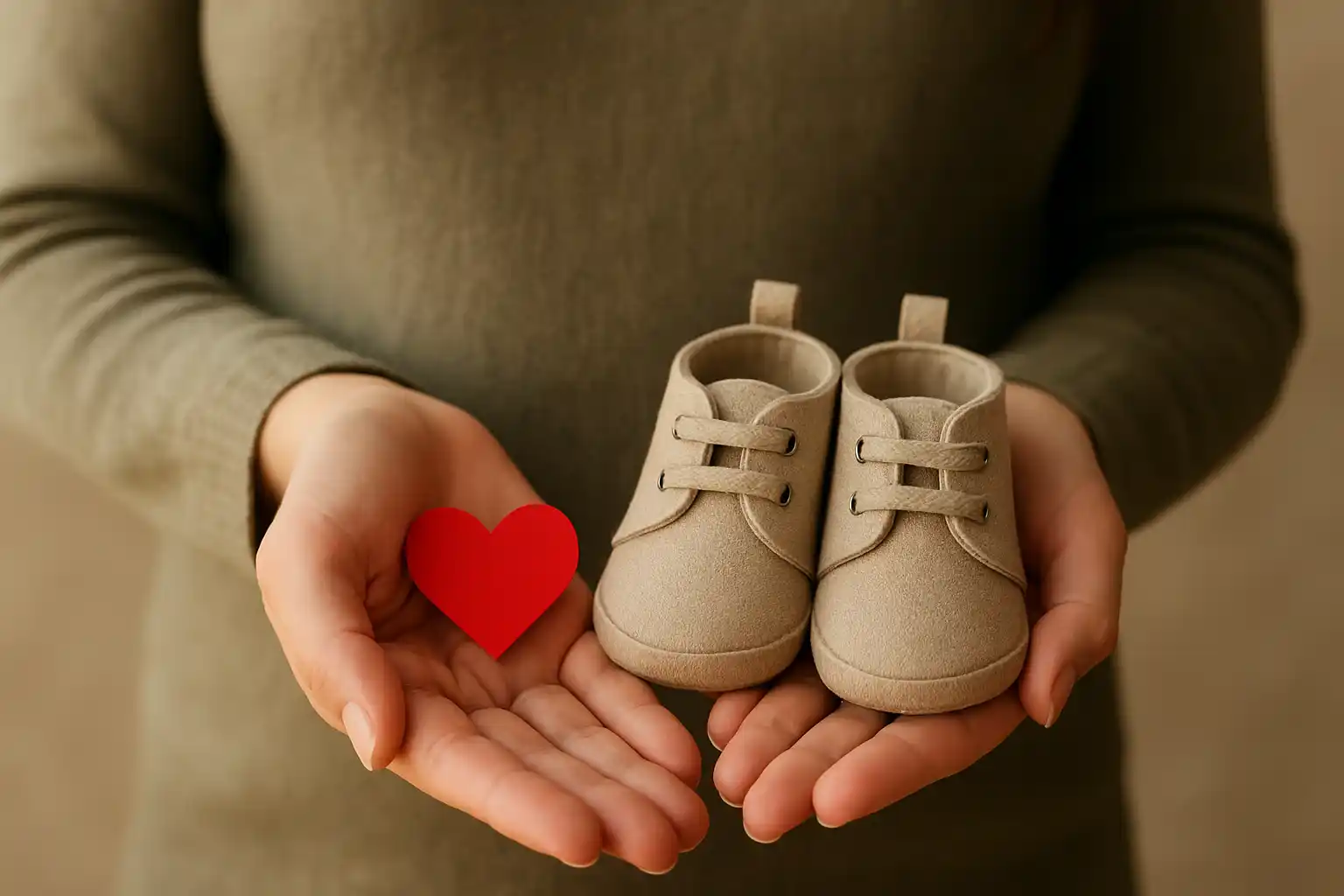
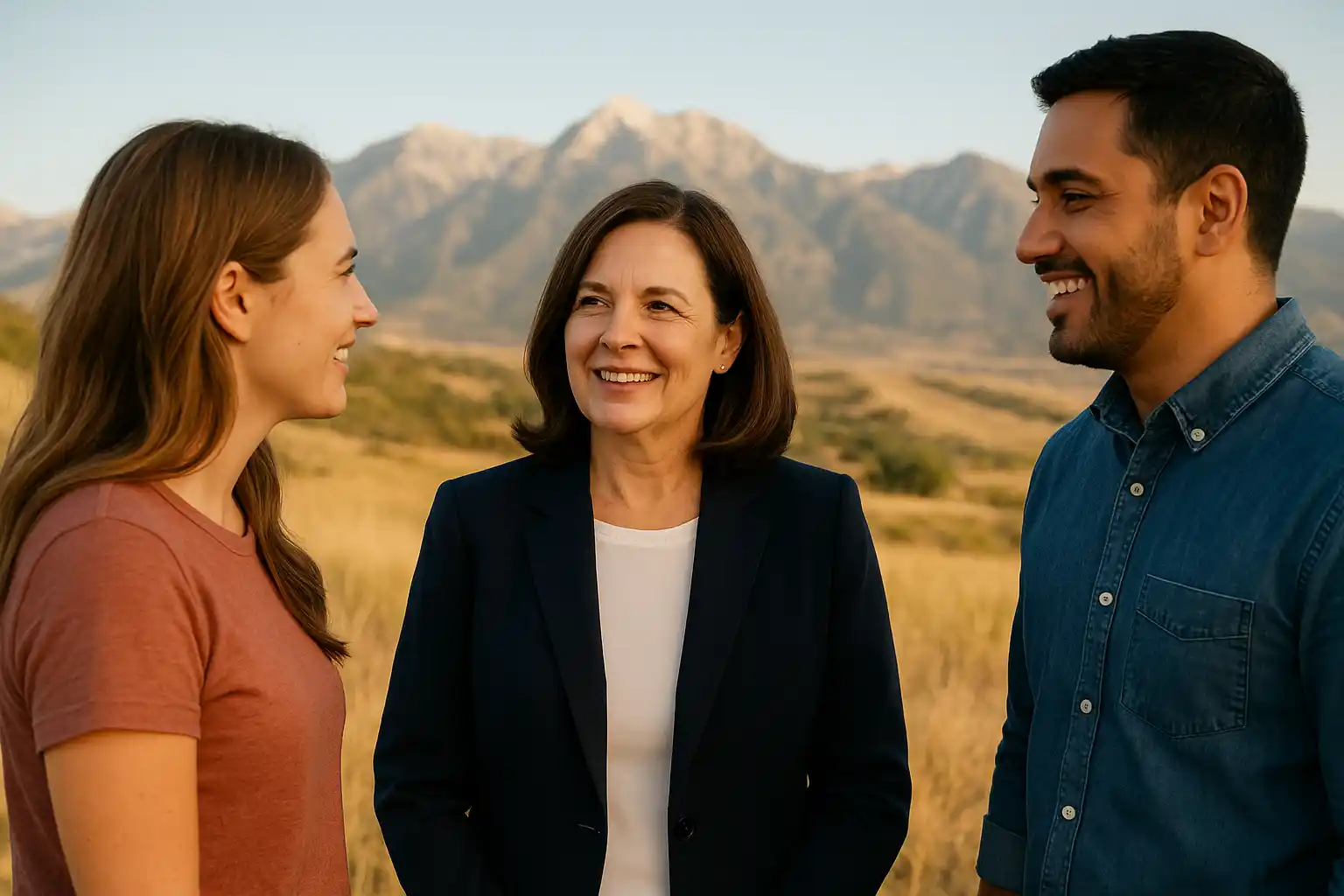
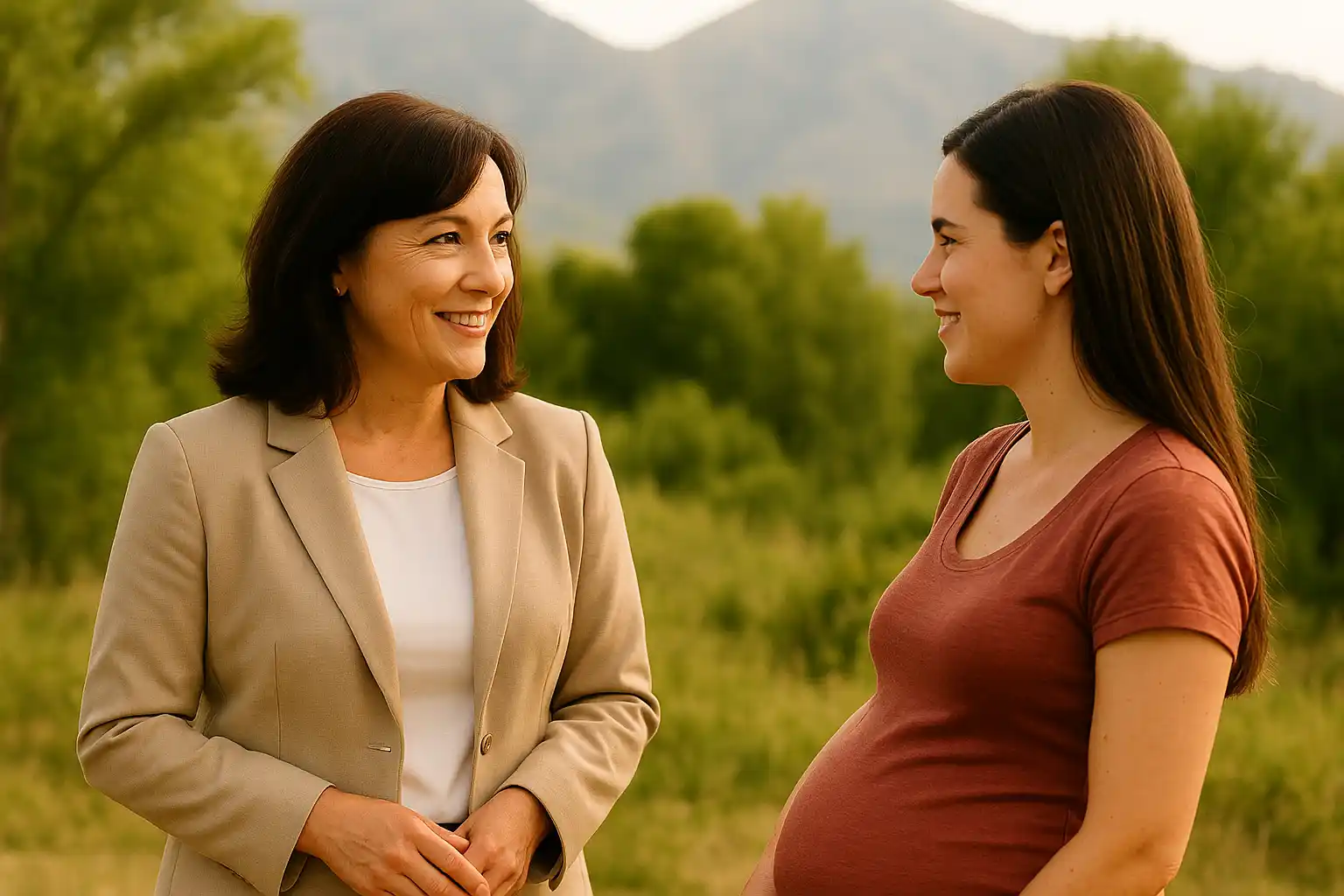
Comments